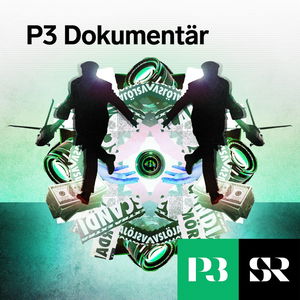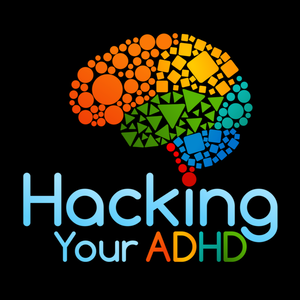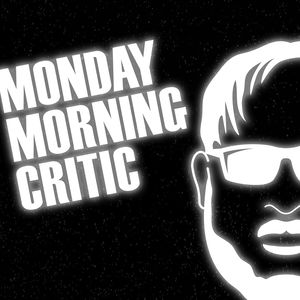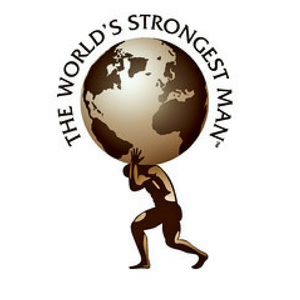Why are we seeing such a rise in youth mental health diagnosis? How do we relativise this against the rise in mental health awareness? What’s the best approach for parents seeking solutions? How can social-connection and loneliness completely change trauma integration? What role does the recent explosion of persuasive technologies in young peoples lives play in the changing situation?
In this episode we have the important topic of Youth Mental Health to get ourselves up to date on. Today we’re going to try and unravel these often divisary issues in a balanced way; we’re going to be discussing the importance of threat and safety to a child’s state of mind as they develop; the power of the parent or carer’s own unresolved issues to transmit to young people, creating symptoms in the child; the importance of going to the root of the problem rather than just treating symptoms; the role of escapism as an emotional avoidance strategy, and how digital platforms and device providers have taken advantage of that tendency, and the parenting strategies to guide this; and we’re going to discuss the role of shame in us avoiding facing these issues.
Fortunately, considering the nuanced and potentially triggering topic of the mental well being of the children we parent and teach, today’s guest has just released the paper back version of his new book on exactly this topic, “How the world is making our children mad and what to do about it”. As a hugely experienced child psychotherapist and founder of the charity “Apart of Me” that supports children to transform their loss into compassion, he is perfectly placed to give us un update on this, and is filled with excellent stories and advice to help us face it. He is of course Louis Weinstock, a transpersonal psychotherapist and mindfulness specialist, who has worked with a wide range of sufferers from the criminal justice system, to drug addicts, to homeless people, to troubled teens and their parents.
What we discuss:
00:00 Intro.
09:00 Our mental life is inseparable from our environment.
11:45 ‘Fetal programming’ is applied in utero by the mother’s environment.
14:10 Improvements in kid’s mental health, simply from parents doing the work.
18:45 Children having behaviour issues at the same age as their parent’s had trauma.
21:20 The evolutionary history of shame.
25:40 The difference between shame and guilt.
28:00 Rupture & repair: conflict in relationships is bearable and repairable.
29:25 Is psychotherapy worth it for kids, considering the stigma?
34:15 Mental health awareness can exaggerate our negative view of ourselves.
38:30 Massive jump in recent stats on youth mental health.
41:00 ‘Roots’ of mental health issues and ‘fruits’ we can learn from them.
45:20 Suffering and transformation: post-traumatic growth.
49:50 Escaping into virtual realities: Dissociation.
53:00 The ‘freeze’ response - shutting the body down.
01:00:40 Resilience explained - fragile vs anti fragile.
01:04:00 The connection between loneliness and trauma.
01:05:25 Youth mental health and device/internet addiction.
01:07:25 ‘Variable reward’ strategy taken from gambling slot machines.
01:12:30 Clear differences in kid’s moods and sleep after too long on devices.
01:14:20 Parenting solutions to regulating screen time peacefully.
01:16:40 No devices in the bedroom, particularly in the evenings before bed.
01:20:30 Awareness: they’re capable of reflecting on their behaviour.
01:24:20 Unsupervised play outside and in nature.
01:25:40 The world is safer rather than less safe than in the past.
References:
Louis Weinstock, “How the world is driving our kids mad”
https://louisweinstock.com/
Apart of Me mental health charity (please donate)
Jonathan Haidt - “The Anxious Generation”
Let Grow movement for childhood independence



















